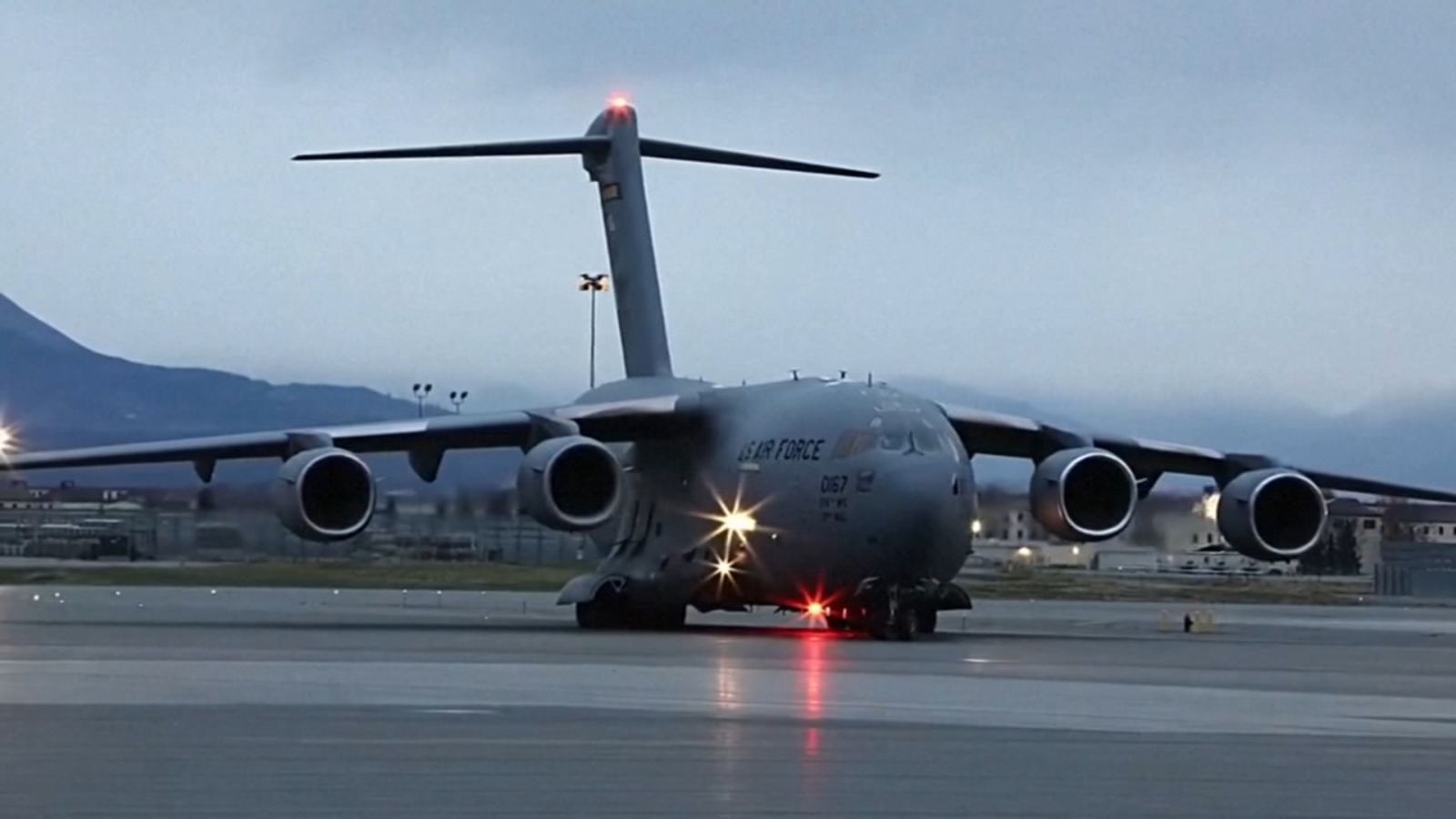
"ANCHORAGE, Alaska -- Damage to remote Alaska villages hammered by flooding last weekend is so extreme that many of the more than 2,000 people displaced won't be able to return to their homes for at least 18 months, Gov. Mike Dunleavy said in a request to the White House for a major disaster declaration. In one of the hardest hit villages, Kipnuk, an initial assessment showed that 121 homes - or 90% of the total - have been destroyed, Dunleavy wrote."
"In Kwigillingok, where three dozen homes floated away, slightly more than one-third of the residences are uninhabitable. The remnants of Typhoon Halong struck the area with the ferocity of a Category 2 hurricane, Dunleavy said, sending a surge of high surf into the low-lying region. One person was killed, two remain missing, and rescue crews plucked dozens of people from their homes as they floated away."
"Officials have been scrambling to airlift people from the inundated Alaska Native villages. More than 2,000 people across the region have taken shelter - in schools in their villages, in larger communities in southwest Alaska or have been evacuated by military planes to Anchorage. Dunleavy said he eventually expects more than 1,500 people to be relocated to major cities in the state."
Damage to remote Alaska villages from flooding is so extreme that many of the more than 2,000 displaced will not be able to return for at least 18 months, and state officials requested a major disaster declaration. In Kipnuk, 121 homes—90% of the total—have been destroyed; in Kwigillingok, three dozen homes floated away and over one-third of residences are uninhabitable. Remnants of Typhoon Halong struck with Category 2 ferocity, sending high surf into the low-lying region. One person died, two remain missing, and rescue crews plucked dozens from flooded homes. Officials have airlifted hundreds to shelters and expect more than 1,500 to be relocated to major cities while agencies work on repairs and winter housing.
Read at ABC7 Los Angeles
Unable to calculate read time
Collection
[
|
...
]